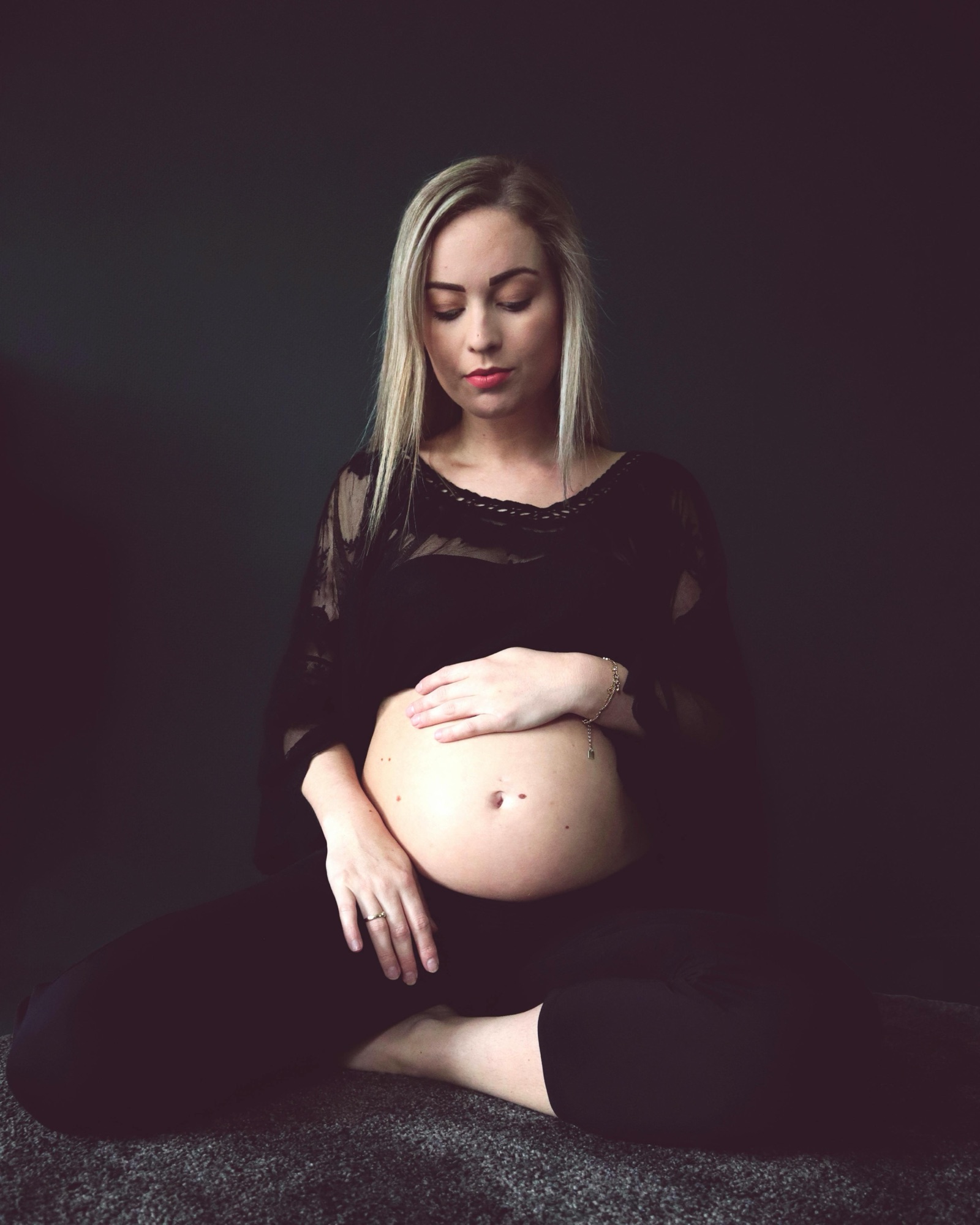“In the tiniest spark of life, the greatest journey quietly begins.”
Welcome to Week 3 of Pregnancy — the magical week where life may truly begin. If conception occurred in Week 2, this is the time when the fertilized egg makes its way to the uterus, preparing for implantation. Although you still may not know you’re pregnant, everything is changing inside your body.
At My Blooming Belly, we walk with you each week — offering encouragement, knowledge, and gentle reminders that every stage of this journey matters. Let’s dive into the wonder of Week 3, where the seeds of new life are finally planted.
Fertilization: When Egg Meets Sperm
For those trying to conceive, Week 3 is when fertilization is most likely to have occurred. This miraculous process begins when a single sperm cell successfully penetrates the egg (usually within 12–24 hours of ovulation).
The moment sperm and egg combine, they form a single cell — a zygote — with its own unique DNA blueprint. This single microscopic cell contains every detail of your baby: eye color, gender, hair texture, even personality tendencies.
The Journey to Implantation
After fertilization (usually in the fallopian tube), the zygote begins dividing rapidly through a process called cleavage. Over the next few days, it becomes a blastocyst, traveling toward the uterus — a journey that takes about 5–6 days.
By the end of the week, the blastocyst reaches the uterine lining and begins the process of implantation. This is when pregnancy officially begins in medical terms — the embryo embeds itself into the thickened uterine wall to begin growing.
What’s Happening Inside Your Body
- Cell Division: The fertilized egg divides from 1 cell to 2, then 4, 8, 16, and so on — growing rapidly into a blastocyst.
- Uterine Lining Thickens: Under the influence of progesterone, the endometrial lining prepares to receive and nourish the embryo.
- Implantation Begins: Around days 6–10 post-ovulation, the blastocyst may implant itself into the uterus.
- hCG Hormone Production Starts: Once implantation occurs, the body begins producing human chorionic gonadotropin (hCG) — the hormone detected by pregnancy tests.
Even though implantation may be happening silently, it’s the most critical event of early pregnancy. The embryo and mother begin to connect — a bond that will grow for months to come.
Early Signs and Symptoms You Might Notice
Most women don’t yet realize they’re pregnant in Week 3, but some ultra-sensitive women may notice very subtle symptoms:
- Light spotting or implantation bleeding (pink or brown, usually 1–2 days only)
- Mild cramping or pulling sensations in the lower abdomen
- Increased sense of smell or taste
- Breast tenderness or fullness
- Fatigue or sleepiness
- Heightened emotions or mood shifts
These symptoms are not definitive signs of pregnancy and may also mimic PMS, so don’t worry if you don’t feel anything at all yet. Many women only notice changes around Week 5 or 6.
What You Can Do in Week 3
Since it’s too early for a pregnancy test, Week 3 is more about preparation and care than confirmation:
- Continue prenatal vitamins: Folic acid is especially critical this week to help prevent neural tube defects.
- Stay hydrated and nourished: Support cell development with water, leafy greens, iron, and lean protein.
- Avoid toxins: Alcohol, smoking, and high doses of caffeine should be minimized or eliminated.
- Gentle exercise: Walking, light yoga, and stretching can ease stress and support circulation.
- Practice calm and mindfulness: Deep breathing, gratitude journaling, or quiet time can reduce cortisol (stress hormone), which may support implantation.
If you’re actively trying to conceive, resist the urge to test too early. Pregnancy tests are most accurate after a missed period (Week 4 or later). For now, let your body do its quiet work — it knows exactly what to do.
A Word About Emotions This Week
Emotionally, Week 3 can be a time of hope, curiosity, and uncertainty. You may be hyper-aware of every twinge or symptom, and that’s understandable — especially if you’ve been trying to conceive.
Know that it’s okay to feel impatient, excited, or even anxious. Try to channel your energy into self-care, gentle routines, and nurturing rituals. Whether or not implantation has occurred yet, this is a sacred time of potential.
Looking Ahead
If implantation is successful, your body will begin producing hCG — the pregnancy hormone — which can be detected in blood or urine by Week 4. This sets off a cascade of changes that support early pregnancy development.
🌸 Coming up next: Week 4 — when your body starts signaling pregnancy more clearly and the very first positive tests become possible. Stay with us as we enter one of the most exciting moments of the journey.
